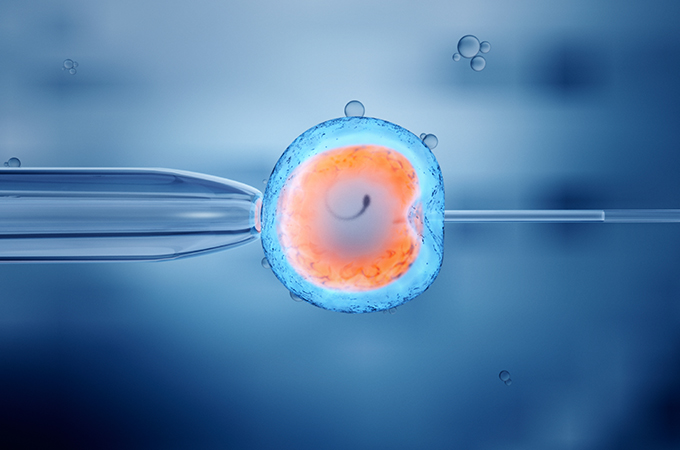If you have been considering IVF, it is critical that you go into the process without rose colored glasses. As you anticipate the joys that a successful IVF run can bring, it is important to also consider the risks as well. The potential problems that lie ahead should be reviewed carefully and discussed with your doctor before moving forward. Here are some for your consideration:
- Side Effects of Medication – It is common for women to react to the medications used when undergoing IVF. Many times these reactions are mild. They may include headaches, hot flushes, OHSS (Ovarian hyper-stimulation syndrome), restlessness, irritability and depression. Any worrying or persistent side effects should be reported to the clinic.
- Multiple births – It is quite common to have several embryos successfully implanted in the womb. This means that you could find yourself pregnant with triplets, twins or more. Even though multiples are wonderful they present a higher risk of complications. The complications include gestational diabetes, miscarriage, anemia, caesarean section, heavy bleeding, pre-eclampsia and high blood pressure related to pregnancy, premature birth or low birth weight.
- Ovarian hyper-stimulation syndrome (OHSS) – This is not a common complication but it does occur with IVF. In this case, the medication given to stimulate egg production causes the ovaries to produce too many eggs. As such, the ovaries enlarge and become painful. The American Society of Reproductive Medicine lists the mild symptoms of OHSS as bloating, nausea and ovarian discomfort. Severe cases may include dehydration, severe pain in the abdomen, very large ovaries and trouble breathing. In less than 1% of women with OHSS kidney failure and blood clots may result. This is, however, very rare.
- Ectopic Pregnancy – With IVF, the risk of having an ectopic pregnancy increases slightly. This can lead to abdominal pain, bleeding or having a dark discharge through the vagina. A scan is recommended to rule out an ectopic pregnancy 6 weeks post IVF.
- Risks unique to older women – If you are more advanced in age, IVF treatment can be less successful. Additionally, there are higher chances of getting a miscarriage of having a baby with birth defects with age. Speak to your doctor if you have any concerns regarding age.
It is important that you prepare your body and your psyche for IVF. This means that you should begin to eat healthy and exercise if you are considering IVF. It is also a great idea to quit habits, such as smoking, taking alcohol and excess caffeine. If you are obese, it is best to lose weight as this reduces your in vitro fertilization risk factors. If you have not given it a thought, you may want to consider the costs of IVF. The Society for Assisted Reproductive Technology says you should consider such things as travel and accommodation expenses as well as lost wages from missed work when you budget for IVF. Once you have considered all factors and discussed them with your doctor, it will be time to get started.




